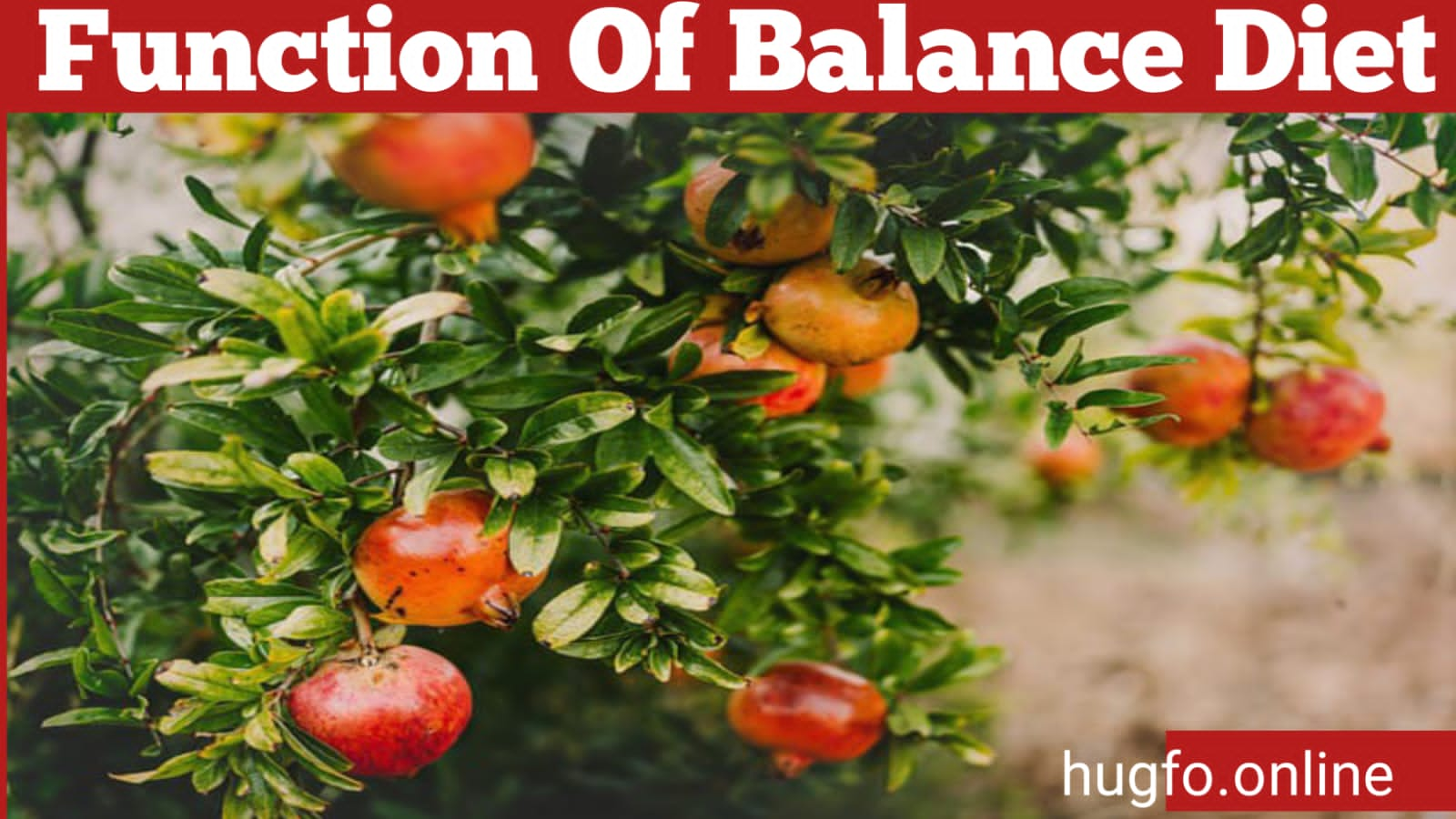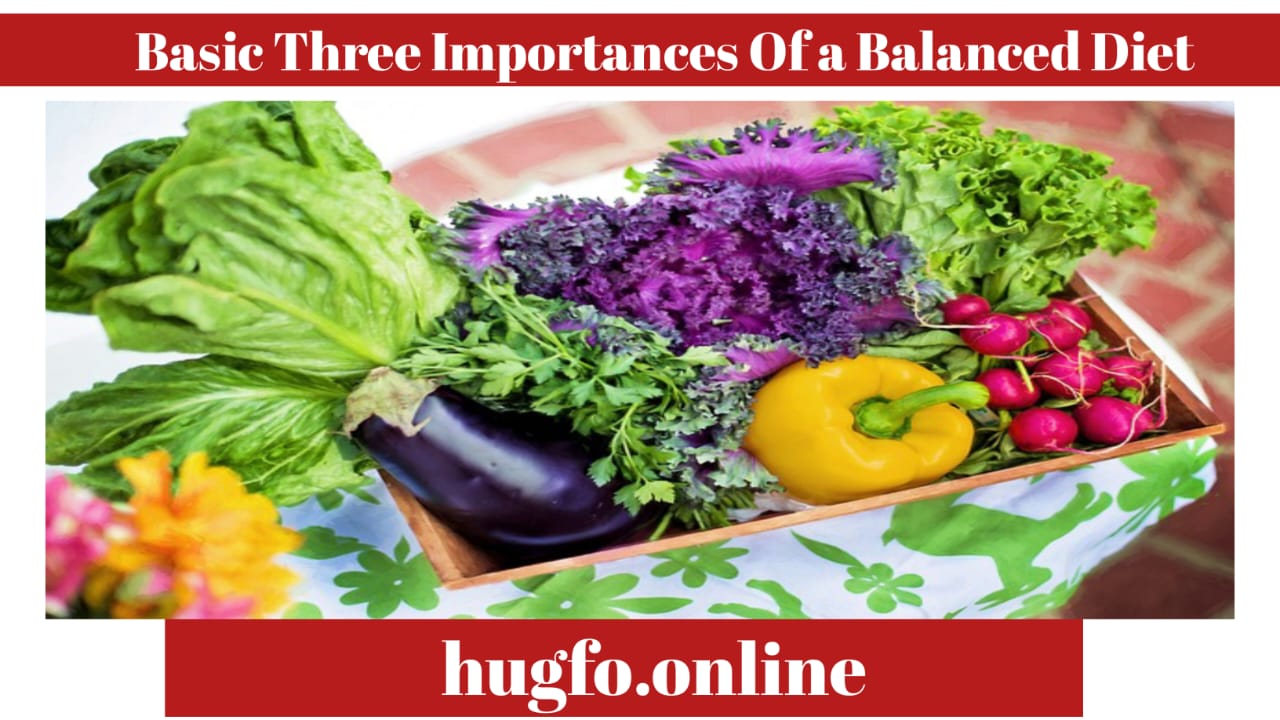Balance Diet Have you ever wondered, what is the function of a balanced diet? If you’ve found yourself pondering this while munching on a bag of chips or contemplating a salad, you’re not alone! A balanced diet is often touted as the key to good health, but what does that really mean? In simple terms, it’s all about striking the right balance between different food groups to ensure your body gets the nutrients it needs. So, let’s dig in and unravel the fascinating functions of a balanced diet!
Balance Diet
A balanced diet refers to consuming the right proportions of various food groups to maintain health and energy levels. It typically includes:
- Fruits and Vegetables: These are packed with vitamins, minerals, and fiber. Aim for a colorful variety to reap the benefits of different nutrients!
- Proteins: Essential for building and repairing tissues. Think lean meats, fish, beans, and nuts.
- Carbohydrates: Your body’s primary energy source, found in whole grains, pasta, and legumes.
- Dairy (or Alternatives): Important for calcium and vitamin D, helping keep bones strong.
- Fats: While often misunderstood, healthy fats from sources like avocados, nuts, and olive oil are essential for brain health and hormone production.
Now, you might be thinking, “Isn’t a donut a part of a balanced diet if I pair Balance Diet it with coffee?” Well, not exactly! While it’s important to enjoy treats occasionally, a balanced diet emphasizes whole foods and nutrients over processed junk.
Why Is a Balanced Diet Important?
So, back to our original question: what is the function of a balanced diet? Well, it’s got Balance Diet several crucial functions, including:
- Nutrient Supply: A balanced diet provides your body with essential nutrients it Balance Diet can’t produce on its own. Without these, you might find yourself feeling sluggish or unwell.
- Weight Management: By incorporating the right food groups, you can maintain a healthy weight. Eating balanced meals helps control hunger and boosts metabolism.
- Disease Prevention: A well-rounded diet can ward off chronic diseases such as Balance Diet diabetes, heart disease, and even some cancers. For example, antioxidants found in fruits and veggies play a role in reducing inflammation in the body.
- Mental Well-being: Believe it or not, your diet impacts your mood! Nutrient-rich foods Balance Diet can enhance brain function and improve mental clarity. Ever heard of the “food-mood” connection? It’s real!
- Energy Levels: Carbs fuel your workouts, while proteins and fats help sustain energy Balance Diet throughout the day. Consuming a balanced Balance Diet diet ensures you’re not running on empty!
Key Components of a Balanced Diet
Now that we’ve established why a balanced Balance Diet diet is important, let’s delve deeper into its components.
1. Macronutrients: The Building Blocks
Macronutrients are your body’s primary sources Balance Diet of energy, and they come in three flavors:
- Carbohydrates: The body’s main energy source. They Balance Diet can be simple (like sugars) or complex (like whole grains). For sustained energy, focus on complex carbs.
- Proteins: Made up of amino acids, proteins are essential for growth Balance Diet and repair. Lean meats, legumes, and dairy are excellent sources.
- Fats: Don’t shy away from healthy fats! They’re essential for brain function and hormone production. Choose unsaturated fats over saturated ones.
2. Micronutrients: The Unsung Heroes
These are vitamins and minerals your body needs in smaller amounts but are just as vital. They support immune function, bone health, and overall well-being. Here are a few key players:
- Vitamins: Such as A, C, D, and E, which support vision, immunity, and skin health.
- Minerals: Like calcium and iron, crucial for bone health and oxygen transport in the blood.
3. Hydration: The Often Overlooked Element
Water plays a fundamental role in a balanced diet. It aids digestion, transports nutrients, and helps regulate body temperature. Aim for at least 8 glasses a day, and don’t forget that fruits and vegetables contribute to your hydration needs!
Tips for Achieving a Balanced Diet
Achieving a balanced diet might seem daunting, but it doesn’t have to be! Here are some practical tips to help you out:
- Plan Your Meals: Take a little time each week to plan your meals. This will ensure you include a variety of food groups and avoid last-minute unhealthy choices.
- Eat the Rainbow: Aim for a colorful plate! Different colors usually mean different nutrients.
- Portion Control: Watch those serving sizes! Eating large portions can lead to excess calorie intake, even from healthy foods.
- Stay Mindful: Listen to your body. Are you truly hungry, or just bored? Practicing mindful eating can help you make healthier choices.
- Make Gradual Changes: You don’t need to overhaul your diet overnight. Start by making small, sustainable changes.
Frequently Asked Questions (FAQs)
What is the function of a balanced diet for children?
A balanced diet is crucial for children as they grow and develop. It supports proper growth, boosts immunity, and enhances cognitive function, laying the foundation for a healthy future.
Can I eat out and still maintain a balanced diet?
Absolutely! Many restaurants offer healthy options. Look for dishes rich in veggies, lean proteins, and whole grains. Don’t hesitate to ask for modifications, like dressing on the side or swapping fries for a salad!
What should I do if I have dietary restrictions?
No problem! Many diets can be balanced, even with restrictions. Consult a nutritionist to help you navigate your specific needs while ensuring you get all the essential nutrients.
How can I make sure I’m getting enough nutrients?
Consider keeping a food diary for a week to track what you’re eating. This can help you identify any gaps in your diet. You can also look into multivitamins if needed, but it’s best to get nutrients from whole foods.
Conclusion
So there you have it, folks! What is the function of a balanced diet? It’s a vital aspect of maintaining overall health and well-being. From supplying essential nutrients and aiding weight management to preventing chronic diseases and boosting mental clarity, the benefits are manifold.
Remember, achieving a balanced diet doesn’t require perfection. It’s all about making informed choices and incorporating a variety of foods that nourish your body and soul. So, the next time you’re deciding between that burger and a salad, think about how a balanced diet can help you thrive.



